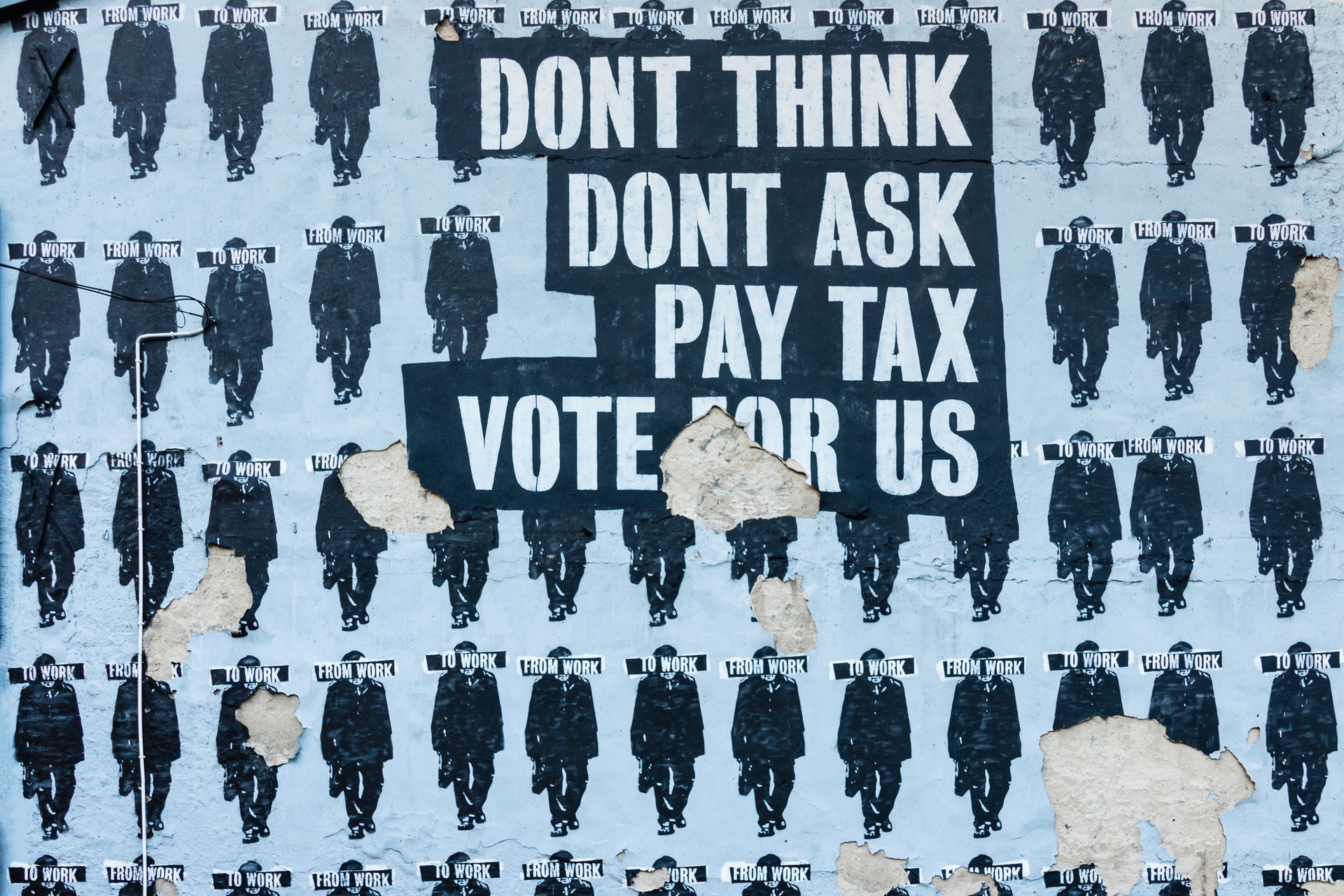Let me first share an introduction:
By the time I arrived in Florida just a few weeks after turning thirteen, I was taking up residence in my sixth country. I had left my country of origin, Brazil, at under two years old. My first language was Spanish learned in Mexico. My brother spoke only English, learned in Ireland. My dad’s side of the family had been in Brazil several generations but spoke German at home. My mom’s side had also been there several generations but was culturally Italian. What I’m trying to say is “Where are you from?” was a tough question for me to answer accurately in under five minutes.
Where else could I belong but the United States of America? What other nation in the world was so New World and composed of so many cultures and nations of origin? Did you know the US doesn’t even have an official language? The America in my mind, woven of experience and reputation, was a place of collaboration and interdependence. No one was required to give up who they are, but instead invited to contribute who they are.
I don’t know where this national ethos has gone, lately.
If you’re on social media and/or subscribe to any publications, you’ve probably seen the copious personal blog posts and prestige editorials on the tribalism that has settled like sludge on American politics and its toxic effect on both our political process and our culture. Celebrity pastors are imploring us to stop vilifying “the other side” and remember our common humanity. (They are a couple decades too late, in my opinion, and dare I say that some of them contributed generously to this problem they now disavow.) My main problem with these thought pieces is they seem to demand very little from us except being nice. They’re missing the point, which is that we have a representative government which represents a vast number of diverse people.
What is pluralism? Pluralism means we are ourselves, and we work together. Pluralism means we need our differences. They are assets, not hindrances.
The problem with the conflict-avoidant content is rather than upholding the value of collaboration with different points of view–work that is difficult and takes maturity and humility–it seems to be pleading for peace without condemning homogeneity. Most Christian circles have pushed conformity for so long that the beauty and the usefulness of diversity of perspective is a nonstarter. Even non-Christians know that God votes Republican.
It’s certainly not just Christian circles. The big winners in the Red vs. Blue, Us vs. Them system most of us hate but most of us accept include the media and our elected officials. Think of how boring effective politics actually is: a group of qualified and well-intentioned officials gather to solve problems and administrate at the highest levels, compromising on their priorities to assure the essentials, walking out with decent gains but never any career-makers. Who would click on those news stories?
What we have now is the product of gross self-interest on the part of our authorities and media, as well as the laziness and emotional naivety of the public. We helped. We did not police this degradation as engaged citizens because it’s hard and boring and someone we trusted just told us what to do. It’s much easier to pick a side based on one or two issues and just bubble in a D or R for each field on the ballot. Can any reader (your essayist included) say they have never done this?
Through media manipulation, we have tolerated and propagated a tribal system based on wins and losses, one with crisis after crisis to fight. America’s future is in the balance every other week because They might win another seat. The adrenaline and cortisol flow and nothing of any real value gets done.
When Team Red or Team Blue gets a turn on top, we get to celebrate totally imaginary wins while real people suffer or die for lack of sound public policy.
I’m here to suggest an alternative, one that I believe more faithfully captures the spirit of America, and which would certainly yield better results and a more stable union. The American ethos, as I always understood it, is not to make everyone the same, but to derive unity and champion our stated ideals together. Each of us has experiences that have shaped our views and which can be invaluable when sorted out from our egos and our fears (neither of which should be guiding our politics).
The progressive needs the conservative–unencumbered by the demands of lobbyists and reelection ambitions–to check their spending and to make big change viable for the public. The conservative needs the progressive, also acting free of lobbyists and reelection ambitions, to propel our systems forward to meet the new demands of a larger, more diverse population and our serious environmental concerns. Both sides have a responsibility to the American public. All 330,000,000 of them.
You can and should vote for your ideal representation. You should vote for officials who’ll keep your priorities in mind. But you’re not a nation of one, and your particular subgroup of Americans are not the only Americans. Those people need good government too. Those people might have different needs from yours. And reflection upon that is your opportunity to rethink what government is for and what it can do (as well as what it can’t). It should weigh on your conscience if you want a government that works in your favor to the detriment of others.
Pluralism is foundational. Our democratic republic is built on checks and balances and the separation of powers, design which necessitates cooperation and prevents totalitarianism. The basic design is sound, even if the details need work.
Our current climate cannot uphold this design. It has been trampling it, and will ultimately destroy it.
* I never got to write the titular essay for grade school, so here’s my chance!
Reality Changing Observations:
1. Who and what is government for?
2. Where have your political prejudices come from? What pours fuel on them now?
3. What would it take for you to listen to views opposite yours with an intent to understand? Is there someone in your life who could give you this opportunity now?







Yes! Yes! Yes to all the above. Thank you for this content. I would add that beyond these identifiers, that Christians are also both 1) citizens of heaven, and 2) ambassadors of Christ. To have the identity of Christ, our pretenses/entitlements are removed and our mission/purpose of advancing God’s cause (His kingdom) are priority; and not civil liberties and party affiliations/agendas, ie: love your neighbor. Understanding pluralism helps us with loving/knowing our neighbors.